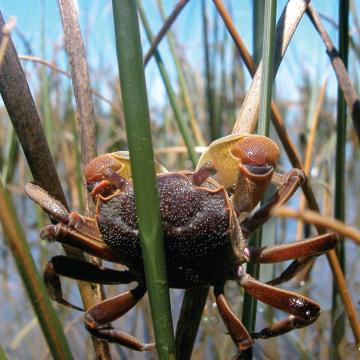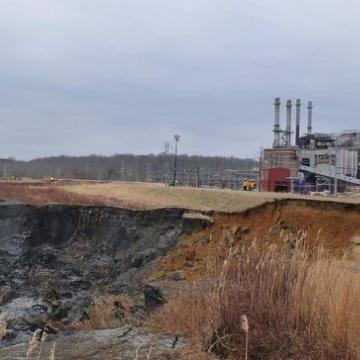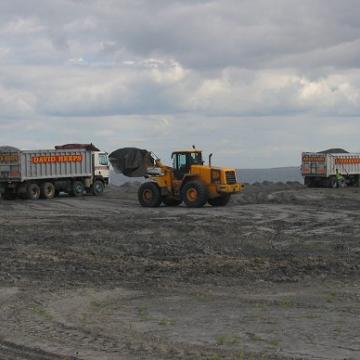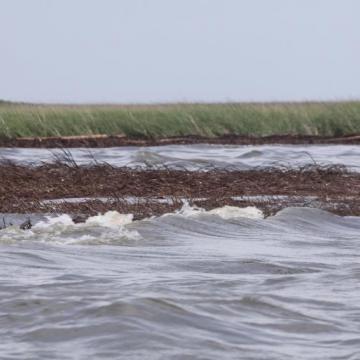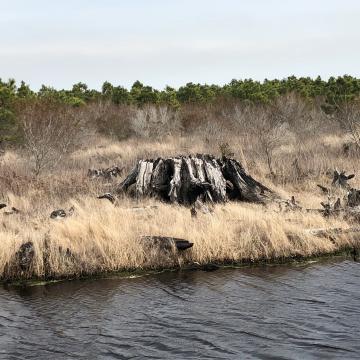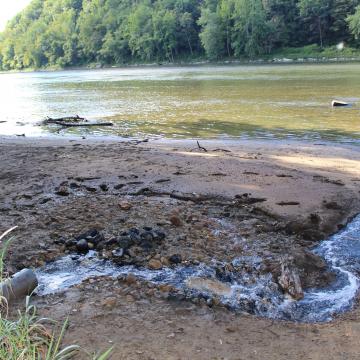-
NewsThe Duke University Wetland Center is marking its 30th anniversary this year by kicking off the largest expansion of research, teaching and outreach programs in its history.
-
NewsTanker traffic through the Strait of Hormuz can decline for up to two years after a piracy attack, a new Duke University study finds, but the adverse effects of the slowdown are far greater on some Persian Gulf countries than others.
-
NewsInhaling dust that contains fly ash particles from coal combustion has been linked to lung and heart disease, cancer, nervous system disorders and other ill effects. But tracking the presence of coal ash in dust has been a challenge for scientists.
-
NewsThe ongoing transition from coal to natural gas and renewables in the U.S. electricity sector is dramatically reducing the industry’s water use, a new Duke University study finds.
-
NewsWith the Environmental Protection Agency (EPA) poised to loosen coal ash rules for dry onsite storage and large fill projects, a new study from Duke University finds that leaving those contaminants exposed may significantly heighten the risk of toxic contamination to nearby soil and waterways.
-
NewsAllowing coal ash to be spread on soil or stored in unlined pits and landfills will raise the risk that several toxic elements, including carcinogenic hexavalent chromium, could leach out of the coal ash and contaminate nearby water supplies across the U.S., according to preliminary findings from a new Duke University study.
-
NewsA new study finds that shoreline erosion rates can double following the death of plants on wetland edges, such as these marshes in Louisiana’s Barataria Bay that were heavily oiled by 2010’s Deepwater Horizon oil spill.
-
NewsDuke University has acquired rights to create a 10,000-acre “carbon farm.” When fully operational, the farm could potentially store enough carbon to help Duke meet its goal of achieving carbon neutrality by 2024.
-
NewsAlgae may hold the key to helping scientists devise a negative-emissions technology that produces electricity and provides protein for millions of people worldwide while simultaneously removing substantial amounts of carbon dioxide from Earth’s atmosphere and reducing deforestation.
